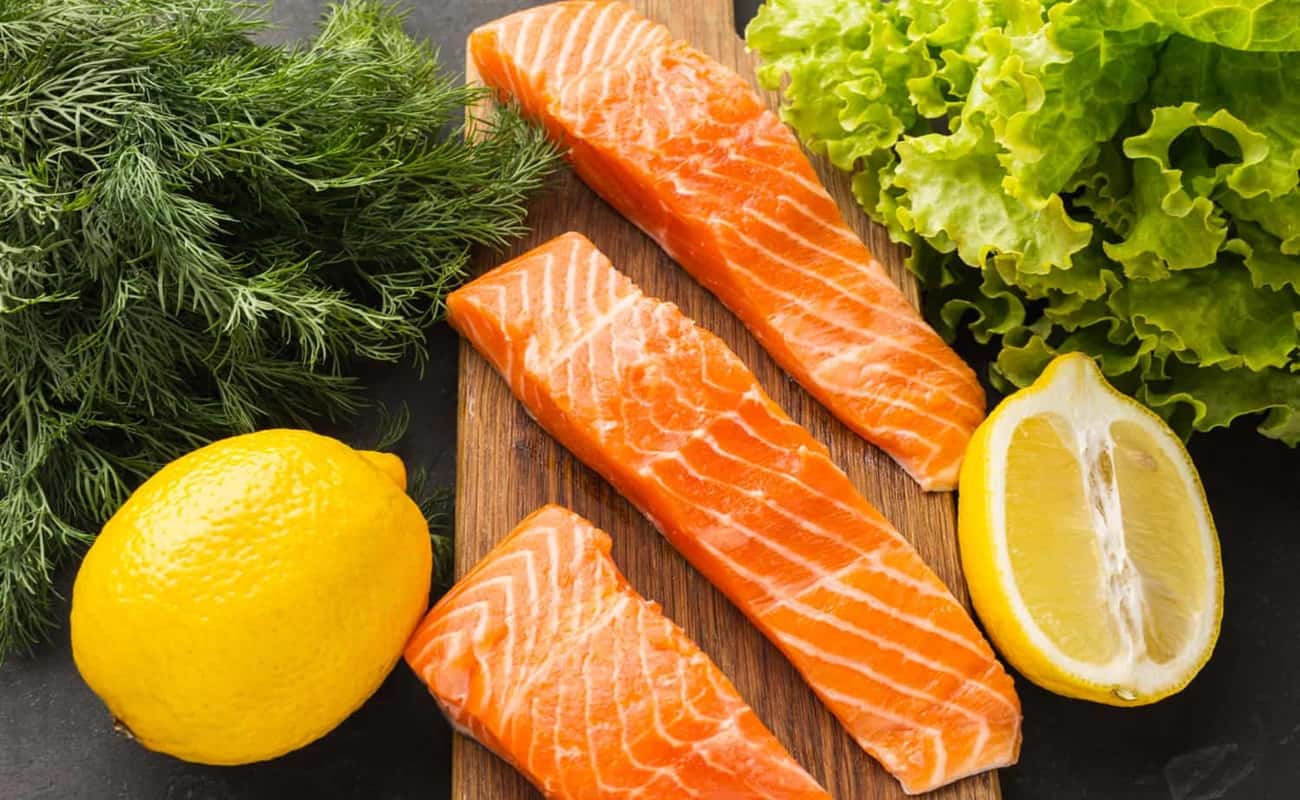 |
| Salmon |
A recent study published in Nature Food by researchers from prestigious universities such as Cambridge, Lancaster, Stirling, and Aberdeen has shed light on the nutritional quality of salmon, questioning its status as an optimal food for health.
According to this study, farmed salmon production is associated with the loss of up to six of the nine essential nutrients, including calcium, iodine, iron, omega-3, vitamin B12, and vitamin A. Experts point out that, in contrast, other fish such as mackerel, anchovies, and herring, which are part of the natural diet of salmon, offer a more complete range of nutrients beneficial to human health. The study's lead author, David Willer, from the Department of Zoology at the University of Cambridge, emphasizes the importance of considering a greater variety of wild fish species for optimal nutrition. Also Read: High-intensity Exercise Increases the Quality of Human Breast MilkThe study findings revealed that wild fish provide significantly higher levels of calcium, iodine, iron, omega-3, vitamin B12, and vitamin A compared to farmed salmon. This difference is especially relevant given the crucial role of these nutrients in the prevention of cardiovascular diseases and strokes. Richard Newton, from the Institute of Aquaculture at the University of Stirling, warns about wasted nutrients in fish feed production, which could worsen nutritional deficiencies, especially among women and teenagers. According to Newton, improving the retention of key nutrients in salmon production could be achieved through the strategic use of feed ingredients, including fisheries by-products and sustainably sourced industrial-grade fish. The researchers also highlight that consumption of wild fish could maximize the intake of essential nutrients in smaller portions compared to farmed salmon. This observation suggests that small dietary changes, such as incorporating wild fish, could have a significant impact on public health and environmental sustainability. James Robinson, from Lancaster University, highlights the importance of prioritizing nutritious seafood to improve diets and ocean sustainability. In a context where large fish catches are diverted to the agricultural industry, focusing on the consumption of nutrient-rich fish could be a key strategy to address global nutrient deficiencies and improve human health and the environment. |

Comments
Post a Comment